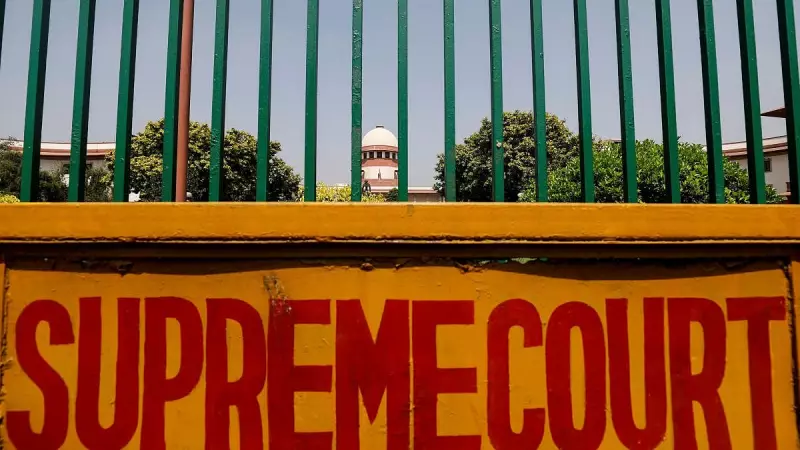
The Supreme Court of India's opinion on a Presidential reference does not carry the same binding authority as a regular judgment delivered in adversarial litigation, according to senior legal experts. This clarification comes amid discussions about the legal weight of such constitutional opinions.
Legal Status of Presidential Reference Opinions
Senior advocate Vijay Hansaria, a prominent legal authority, has emphasized that while the Supreme Court's opinion on a Presidential reference holds significant persuasive value, it does not legally bind either the executive branch or lower courts. This distinction is crucial in understanding the separation of powers within India's constitutional framework.
The Supreme Court's opinion, delivered in response to a Presidential reference, operates differently from typical court judgments. Unlike adversarial proceedings where two opposing parties present their cases, Presidential references involve the court providing its wisdom on questions of law or fact that the President considers important.
High Persuasive Authority Maintained
Despite lacking binding force, Hansaria clarified that such opinions carry high persuasive authority and maintain substantial authoritative value within the Indian legal system. This means that while courts and the executive aren't legally compelled to follow these opinions, they typically give them significant weight and consideration in their decision-making processes.
The legal expert's statements help clarify the constitutional position of such references, which are made under Article 143 of the Indian Constitution. This provision allows the President to seek the Supreme Court's opinion on questions of law or fact that are deemed to be of public importance.
Implications for Indian Judiciary
This distinction between binding judgments and advisory opinions is fundamental to India's constitutional structure. The clarification comes at a time when the nature and scope of Presidential references are being discussed in legal circles across the country.
The Supreme Court's role in Presidential references remains advisory rather than adjudicatory. This means the court provides its expert opinion rather than delivering a verdict that resolves a legal dispute between parties. The executive branch maintains the discretion to act upon or disregard the court's opinion, though historically, such opinions have been treated with considerable respect.
Legal experts note that this system balances the judiciary's advisory role with the executive's implementation authority, maintaining the delicate equilibrium between different branches of government that is essential to India's democratic framework.




